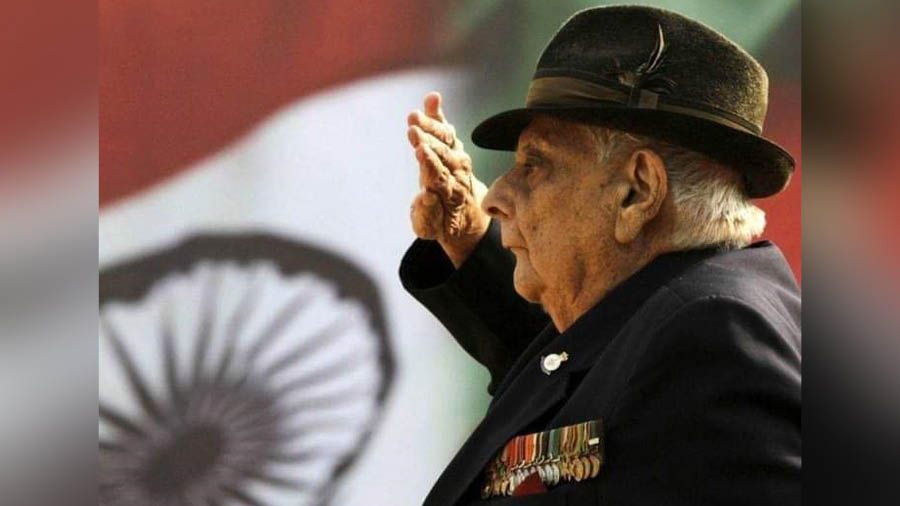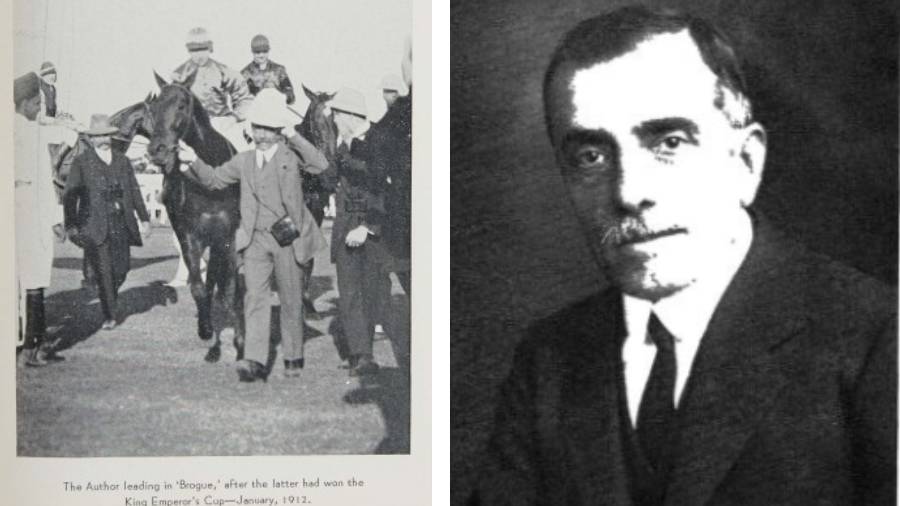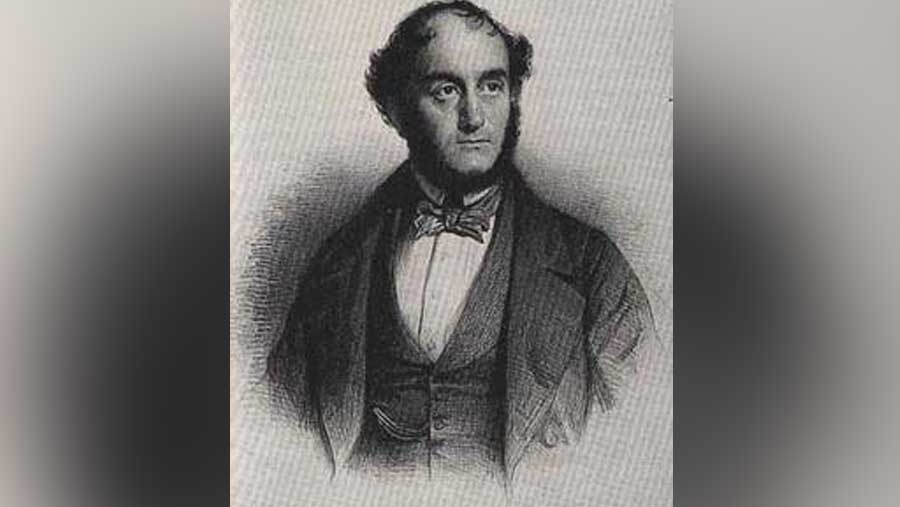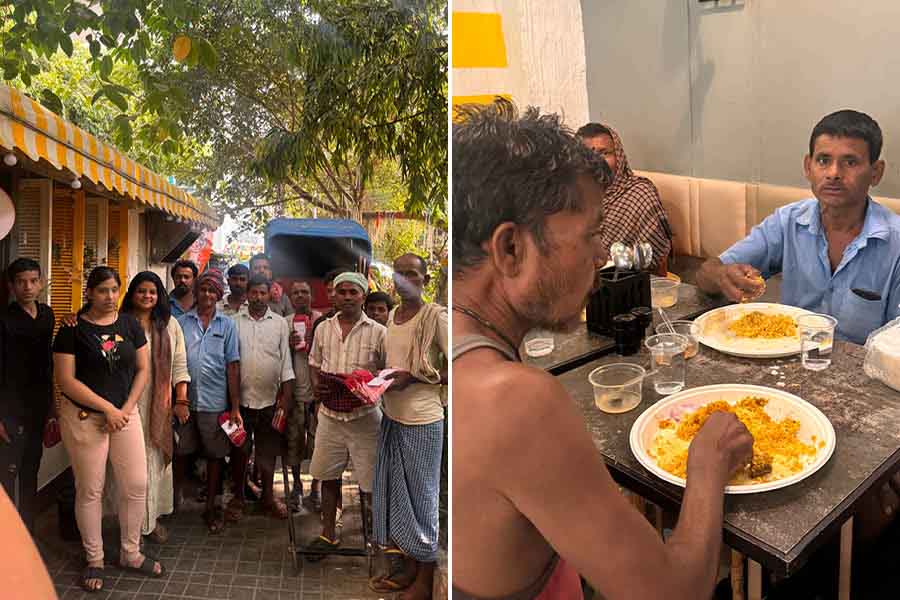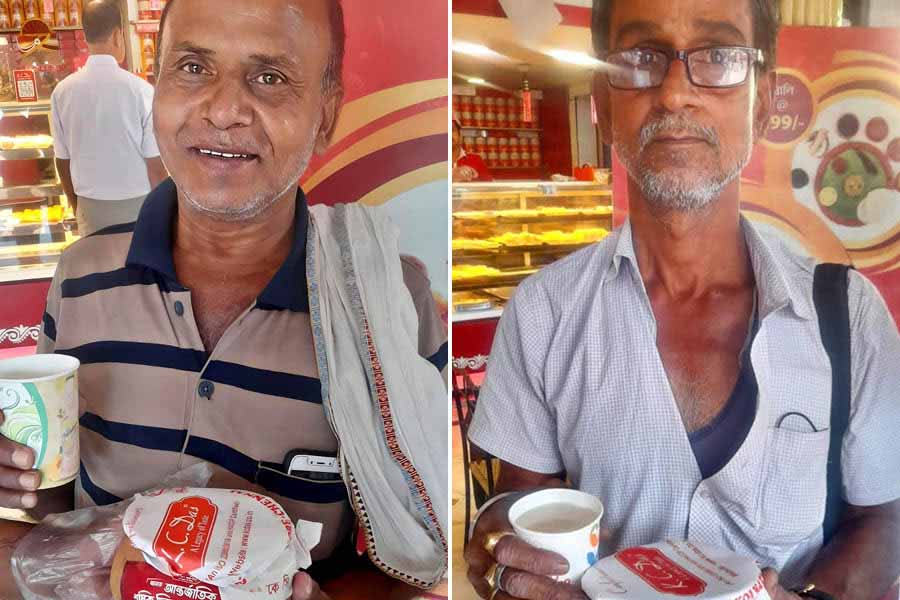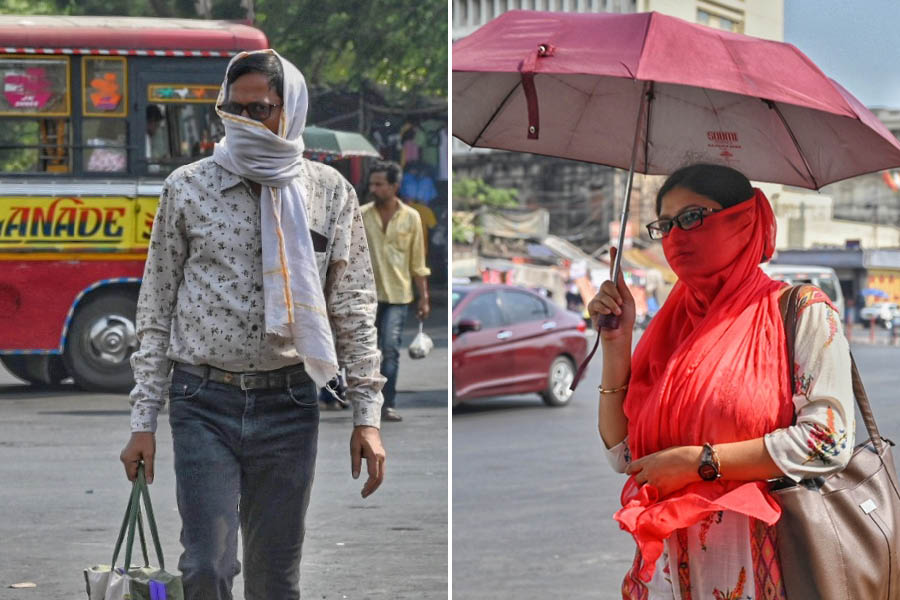In the 18th century, with India still under Mughal rule, merchant traders from Baghdad and Aleppo started settling in India, primarily in the coastal trading centers. As British power replaced Mughal suzerainty, these Arabic Jewish communities flourished, quickly becoming proficient in English and marrying this new skill with their traditional acumen from business. Although not all of them originated from Baghdad, as a collective, they came to be referred as ‘Baghdadi’ Jews.
The hero of our story hailed from this community and his ancestors had settled down in Calcutta – the capital of the British Indian Empire in the middle of the 19th century. His father was Elias Emanuel – a rich businessman. In 1921, the Emanuels were blessed with a baby boy – he was christened Jack. When he was nine, his father was struck down by a severe wellness. Jack and his two brothers were sent off to study at Darjeeling’s Victoria Boys’ School.
As Jack navigated his teenage years, deeply distressing events were unfolding in Europe. Fascist powers were on the rise and the worst of these was the Nazi Party in Germany and their ruthless leader, Adolf Hitler. As persecution of Jews reached inhuman proportions, thousands were forced to flee Germany. One such family made their way to Calcutta and found shelter with the Emanuels.
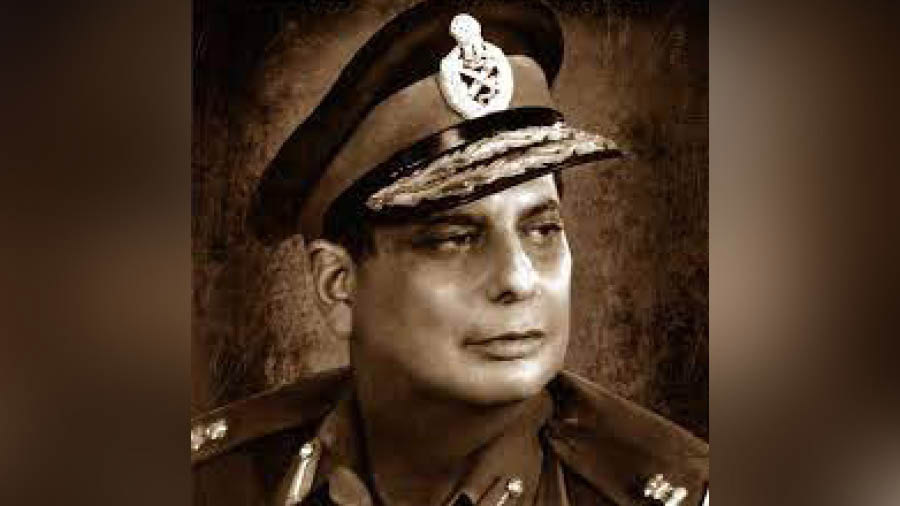
Despite strong objections of his father, Jacob was undeterred from joining World War II
Indian Defence ReviewIn his visits home from Darjeeling, young Jack was deeply troubled and agitated by hearing the tales of torture they brought along. He was determined to do something about it. Britain had declared war against Germany and its allies. Jack Farj Rafael Jacob – as was his full name – decided he wanted to fight this war. Despite strong objections of his father, Jack remained undeterred.
“Jake” Jacob was commissioned from the Officers’ Training Academy in Mhow in 1942 as a 2nd lieutenant. As providence would have it, his first posting took him to the land of his forefathers – in northern Iraq – to defend British oilfields against German attacks. A year later, he was transferred to an artillery unit and was part of a reinforcement force to the British forces fighting Field Marshall Rommel’s forces in Tunisia.
His final assignment in WWII was in the Burma Theater in 1943, fighting the forces of Imperial Japan. When the war ended, Jack Jacob, although still a young man, was a battle-hardened veteran with stints in deserts of Arabia and Africa and rainforests of Burma. In the following years, he attended artillery courses in the UK and the USA. Jacob returned to India after Partition, and joined the Indian Army.
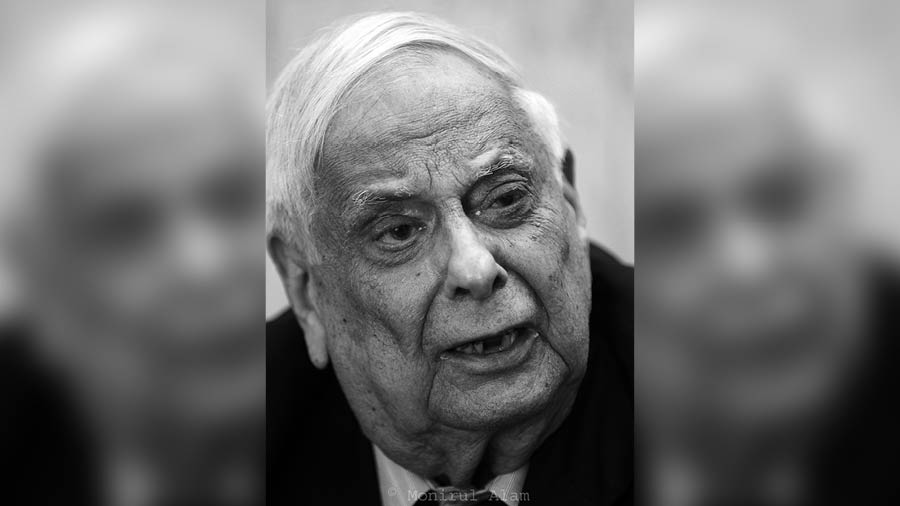
Jacob’s final assignment in WWII was in the Burma Theater in 1943, fighting the forces of Imperial Japan
Wikimedia CommonsIn the 1965 Indo-Pak war, Jacob commanded an infantry division on the Rajasthan border. In 1969, he was appointed Chief of Staff to the Eastern Command, Indian Army. It was in this position that Jake Jacob would make the most profound impact on history. After successfully handling insurgency in the northeast, Jacob, along with the Eastern Command, was plunged into war with Pakistan.
It was not simply a conventional war – in addition to fighting the Pakistani army, the Indian Army also had to aid the Bangladeshi independence forces, called the Mukti Bahini to fight a guerrilla war with the west Pakistanis. Jacob brought all his experiences into play as the Indian forces along with the Mukti Bahini, brought about a swift close to the war on the eastern front.
But it was not all roses. Jacob clashed repeatedly with the Army chief Field Marshall Sam Manekshaw. The latter wanted the Indian forces to march into the major east Pakistani towns and occupy them. Jacob however disagreed; he stated that direct attack into fortified towns will inflict greater no. of casualties on the Indians. Instead, he pushed the “war of movement” plan – which involved bypassing the major towns and movement using secondary routes, thus avoiding direct conflicts and ensuring fast movement.
It was thanks to Jacob’s plans that the Indian Army had reached the outskirts of Dacca in barely two weeks. But Jacob’s most audacious act was yet to come. On December 15, 1971, an UN-mandated ceasefire came into effect in Dacca. Jacob had been ordered by Manekshaw to try and secure surrender from the Pakistani army. That day, without entirely disclosing his plans to his bosses, Jacob flew down to Dacca and went to meet Lt. Gen. AAK Niazi, the CO of the West Pakistani army in Bangladesh completely unarmed.
In the meeting, Jacob told that a huge Indian contingent was at the gates of Dacca and defeat was inevitable – in reality, only about a 3,000-strong Indian force was close to Dacca at that point of time whereas Niazi had 26,000+ soldiers in the city. Jacob further told him, a tad sympathetically, that more Niazi delays his decision, more he puts his family in risk of violent retribution from the East Bengalis, baying for his blood.
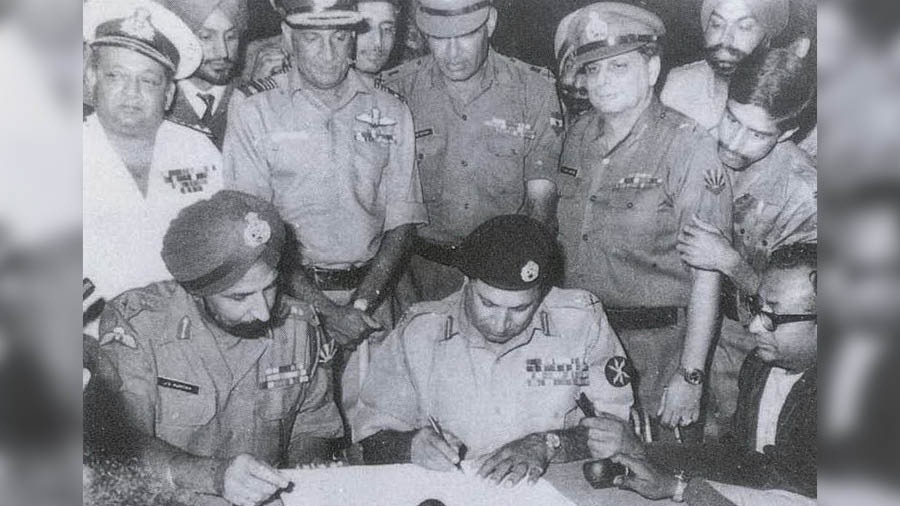
AAK Niazi signing the instrument of surrender with JFR Jacob (standing, second from right) looking on
Wikimedia CommonsIn a game of nerve, Niazi blinked first. He agreed to surrender unconditionally. Jacob moved fast – and within four hours of a ceasefire arrangement, a public surrender had been signed – a first in documented history. To put Jacob’s outrageous bluff in context, the UN was in session debating the issue, US warships were in the Bay of Bengal and strategists estimated Niazi could have held on to Dacca for two more weeks at least.
Years later, Jake Jacob would recall that he was feeling very tensed during the discussion and to ease stress, lit up his pipe and smoked it nonchalantly. This worked in more than one way, as it further nerved out poor Niazi! Jake Jacob’s out of the box thinking and actions brought a swift closure to a bloody war and saved countless lives from being lost.
It is said that the best praise of a man is by his adversaries. A study commissioned by Pakistan’s National Defense College attributed the abject defeat in the east to the meticulous planning by Jake Jacob down to minutest details.
Jacob retired from the Indian army in 1978 and served as governor in Goa and Punjab. The government of India honoured him with the Param Visisth Seva Medal (PVSM). Jake Jacob lived till the ripe old age of 95 and breathed his last in 2016.


